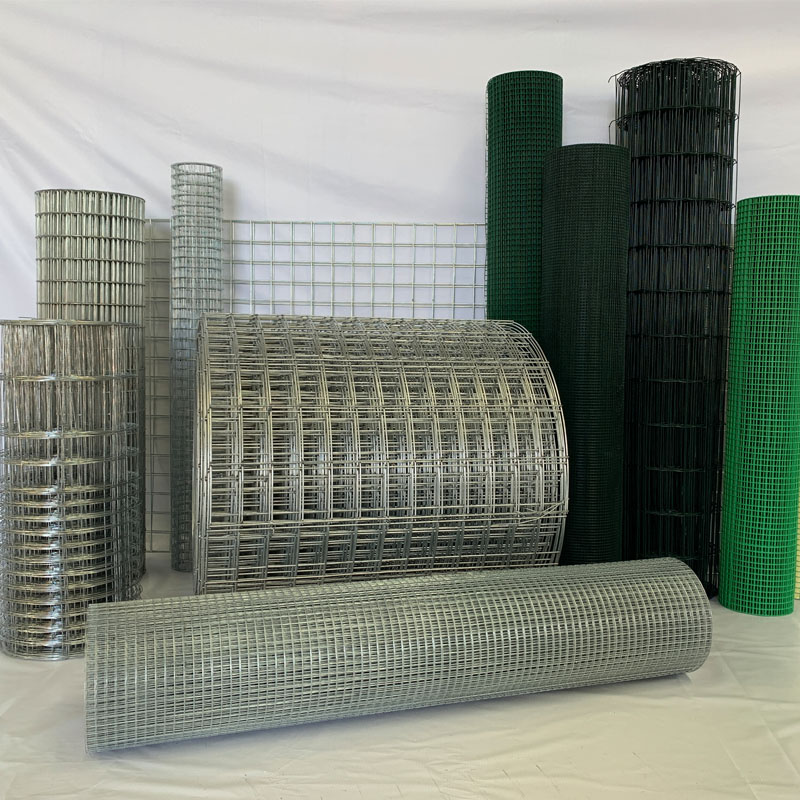nails to use for fence
Choosing the Right Nails for Your Fence A Comprehensive Guide
When it comes to building a fence, whether for privacy, security, or aesthetics, one of the most crucial aspects that often gets overlooked is the type of nails used in the construction. The right nails can significantly affect the longevity and stability of your fence. This guide will walk you through the factors to consider when selecting nails, the various types available, and why quality matters.
Understanding Nail Types
1. Common Nails These are the most basic type of nails, typically made of steel. Common nails have a flat head and are suitable for fencing applications where strength is needed. However, because they are not treated, they are prone to rust and corrosion over time, making them less ideal for outdoor use.
2. Galvanized Nails If you're looking for durability, galvanized nails are the way to go. These nails are coated with zinc to prevent rust, making them perfect for outdoor fencing. They are less likely to corrode and can withstand exposure to harsh weather conditions. When building a fence, using galvanized nails will ensure a longer-lasting structure.
3. Stainless Steel Nails For the ultimate in corrosion resistance, stainless steel nails are the best choice. Although they are more expensive than other types, they are ideally suited for coastal areas or regions with high humidity. Their resistance to rust and corrosion guarantees that your fence will remain intact for many years.
4. Ring-Shank Nails These nails feature a ringed shank that provides extra grip. They are great for securing fence boards tightly, thereby helping to prevent warping and loosening over time. Using ring-shank nails can enhance the overall strength and integrity of your fence.
5. Screw Nails These are becoming increasingly popular due to their ease of use and strength. Screw nails can be easily removed if needed, making fence repairs less of a hassle. They also come in various finishes, including galvanized and stainless steel, offering protection against rust.
Factors to Consider
nails to use for fence

When choosing nails for your fence, several factors come into play
- Material of the Fence The type of material (wood, vinyl, metal) will influence your choice of nails. For wooden fences, galvanized or stainless steel nails are recommended. If you're working with metal fence materials, consider using screws designed for metal.
- Environmental Conditions The geographical location where you live plays a significant role. Areas with extreme weather conditions require more robust materials. For those living near the coast or in humid climates, stainless steel is the preferred option due to its high corrosion resistance.
- Length and Gauge The length and gauge of the nails are also important. Generally, for wooden fences, 2.5 to 3.5-inch nails are appropriate. The gauge may vary, but thicker nails usually provide better holding power. Make sure the nails are long enough to penetrate through the fencing material and into the post firmly.
Quality Matters
Investing in high-quality nails might seem like a small detail, but it has a substantial impact on your fence's durability. Using cheap, low-quality nails can lead to quick rusting and structural failure, resulting in more costly repairs in the long run. It’s wise to choose nails that are rated specifically for outdoor use, ensuring that they can withstand the rigors of nature.
Conclusion
In conclusion, selecting the right nails for your fence is an essential consideration that should not be compromised. Galvanized and stainless steel nails stand out as the best options, especially for outdoor applications. Take into account the type of fencing material, environmental conditions, and the length and gauge of the nails to ensure the long-lasting success of your fence. By investing a little time and research into choosing the right nails, you can ensure that your fence remains sturdy and attractive for years to come. Remember, a well-built fence is not just a barrier; it’s an investment in your property’s value and your peace of mind.
-
Space-Saving Chain Fence Hacks Vertical Gardening with Cyclone MeshNewsJul.16,2025
-
Innovations in Iron Nail Wire Production for Modern ConstructionNewsJul.16,2025
-
Creative Uses of Wire Netting Fence in Modern Landscape DesignNewsJul.16,2025
-
Barbed Wire Fence Innovations in Anti-Climb TechnologyNewsJul.16,2025
-
Architectural Uses of Umbrella Nails for Aesthetic Roof DesignsNewsJul.16,2025
-
Architectural Uses of Razor Barbed Wire in Secure Urban DesignNewsJul.16,2025




